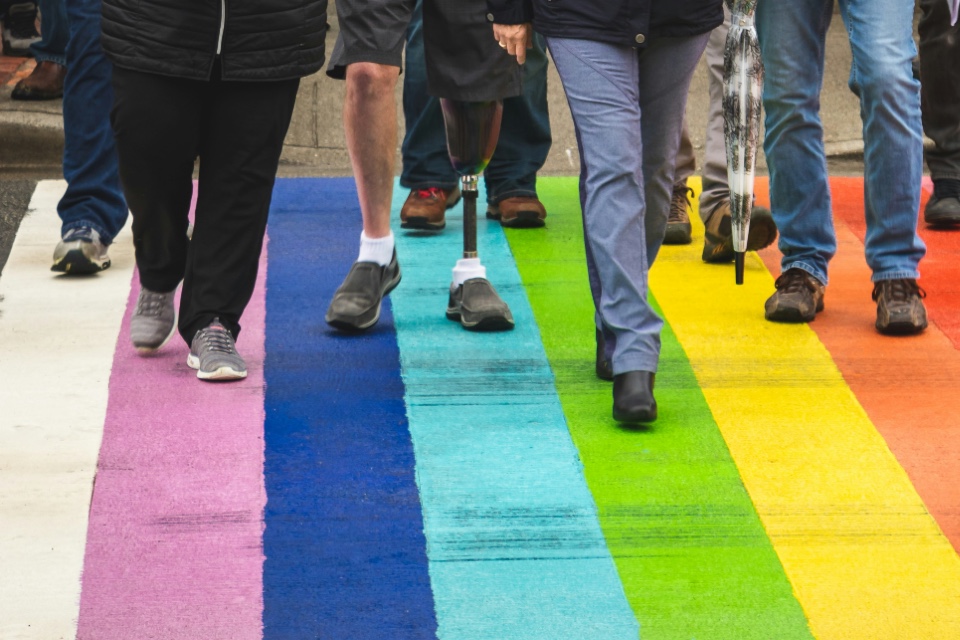With the events industry back to where it was pre-Pandemic, Virtual Approval, the virtual, hybrid, and live event specialist, says it’s never been more important for companies to think about diversity and inclusion when organising events.
Rachel Locke, founder at Virtual Approval, says: “A lot of work goes into organising events, so it can be easy to overlook some details. While most small details can go unmissed, inclusivity and diversity is not one of them; all event organisers need to think about how they practice DEI from day one.
“Engaging corporate event planners is one way to ensure DEI is ingrained in events from the bottom up, while getting feedback from attendees and working with diversity and inclusivity experts can help to shape your event and make sure you don’t fail delegates.”
Rachel has revealed five things event organisers need to consider for their next event, to make it as inclusive and welcoming as possible:
Venue accessibility
Most venues will offer accessibility to some degree, but there are occasions where event organisers may find limitations with certain venues, with some rooms off-limits to those with mobility impairments.
It’s important to think about every aspect of an in-person event when it comes to accessibility, to give everyone the same experience.
Similarly, when organising a virtual or hybrid event, care must be taken to make them as accessible as possible for those with hearing and visual impairments. Including subtitles or sign language can help to open up the event for those with audio impairment, while including an audio description option can help those with visual impairments be part of the event.
Diverse representation
Fostering a diverse event starts with the speaker lineup. Ensuring a diverse schedule of events led by a diverse group of people from all backgrounds will ensure diversity is seen to be a priority from the beginning. Likewise, all marketing materials should be inclusive – both in terms of imagery and language – reflecting the diverse nature of the world. Not only will this ensure you create a welcoming atmosphere for all attendees, but your event can also act as a pioneer for helping those from underrepresented backgrounds be front and centre.
Breakout areas
Events can be overwhelming for some people, so creating chillout areas for people to get out of the crowds and decompress provides a welcome space during busy days.
They can be used to simply have a 10-minute break with a coffee, catch up on emails, or take time for informal networking and meetings away from the hustle and bustle of the main event. While informal breaks give attendees the chance to escape the crowds, adding meaningful breaks with optional wellness activities or facilitated networking can also help attendees relax and enable conversations to flow.
Rethink registrations
Registration forms can be overlooked. Not often updated, some registration forms are used year after year. So every time you put on an event, it’s worth giving them a once over to make sure you’re collecting relevant information and have options for all gender identities, religions, and nationalities. Not doing so could put potential attendees off attending the event from the first hurdle.
Think about virtual or hybrid
Hybrid isn’t just a buzzword in the working world – hybrid events are becoming more popular as event organisers look for ways to attract attendees from all over the world. But much more than opening up events to visitors from far afield, hybrid and virtual events allow those who may feel uncomfortable in large groups to attend, learn and network.
Rachel, adds: “Inclusivity is not a one-size-fits-all approach; it requires ongoing commitment and adaptability by all involved. By embracing diversity and prioritising inclusion in our events, we enrich the attendee experience and contribute to a more inclusive and compassionate society.”
Photo by Greg Rosenke on Unsplash





